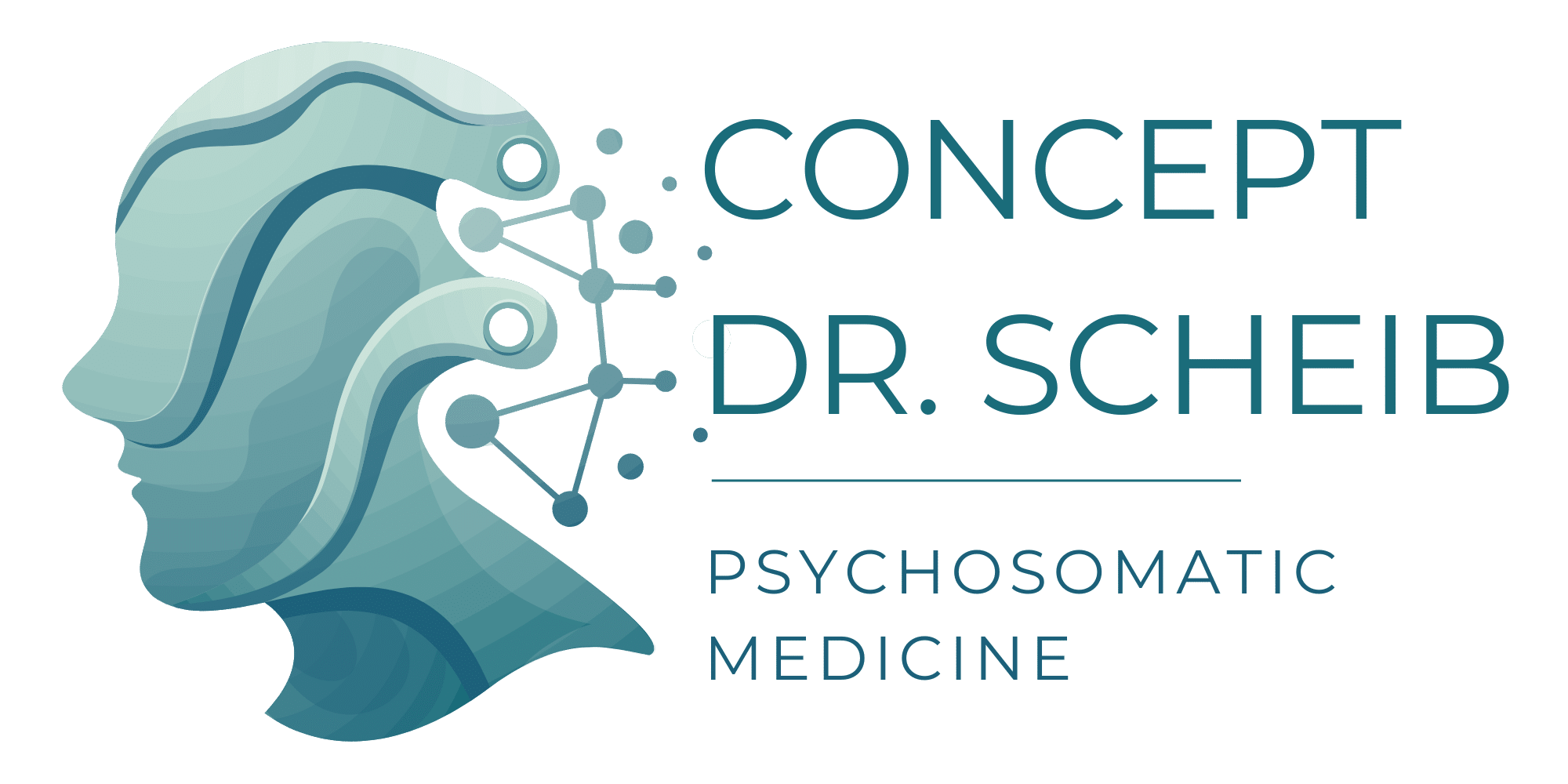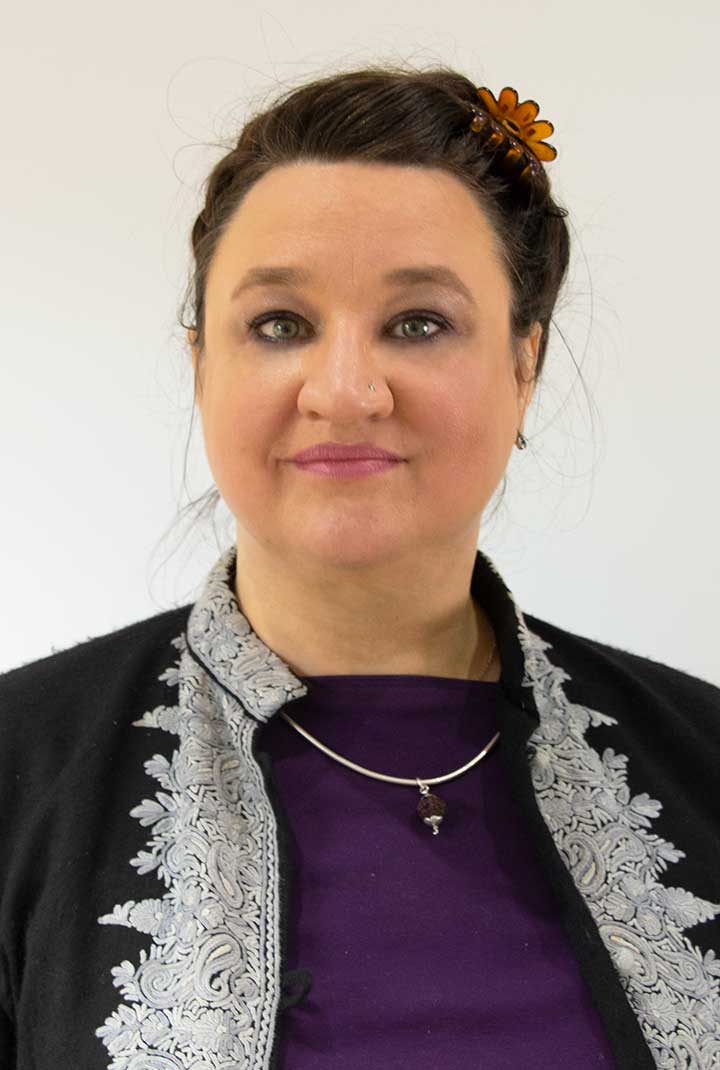Burnout symptoms and treatment
What is burnout?
Burnout is a state of emotional exhaustion, depersonalization and increasing professional inefficiency (Maslach, 1976). Burnout mostly affects people who work in helping professions (doctors, nurses, social workers, teachers). In the last couple of years, the diagnosis of burnout in other professions is also constantly increasing. Caring for a sick relative or a heavy workload in the family can also lead to burnout. Especially people who are highly committed are most likely to be affected. If a lot of energy is invested into a project for years and everything else is neglected (in private life as well as in the workspace), the risk of suffering a burnout at some point is high.
Burnout symptoms
The symptoms of burnout are often confused with the symptoms of depression. Also, many people with burnout syndrome also show clear symptoms of depression. In burnout, however, these symptoms disappear during a vacation or after enough rest; depression persists even during a vacation.
In addition to depressive symptoms, burnout can lead to a wide variety of changes:
- Frequent infections due to disturbances of the immune system
- sleep disturbances
- emotional distancing
- increased cynicism
- anxieties
- pain syndromes
Make an appointment for a psychotherapuetic evaluation with out therapists now:
Burnout test: Do I have burnout?
Take our burnout test now (Modified after Maslach).
Simply answer the questions in the three categories to find out if you are suffering from burnout, or if you are at risk.
If your results in the areas “Occupational Exhaustion” and “Depersonalization” are both in the red zone, but especially if your own performance assessment is also in the red, then you should seek professional help immediately.
Burnout Test:

Time's up

Time's up

Time's up
Burnout treatment
During the early stages of the illness, outpatient burnout treatment can be provided: Psychotherapy, relaxation techniques and sports therapy show good effects. It is important to devote several times a week to an activity that has nothing to do with the job and during which one does not have to think about work.
If the symptoms of burnout are pronounced, the ability to work is limited and it becomes necessary to take a real time out. Ideal for this is our clinic in Mallorca, where we offer absolutely discreet and intensive therapies. Psychotherapy, relaxation techniques and sports therapy are offered, as well as coaching sessions.
Hypnosis can also help to promote relaxation and show the patient new ways of living.
Modern neuromodulation techniques like HRV biofeedback and neurofeedback provide lasting help with relaxation and improve sleep.
Depending on the symptoms and severity of the burnout, ketamine infusions and repetitive transcranial magnetic stimulation (rTMS) can also be indicated in the treatment of burnout.

Bild: Susann Mielke
F.A.Q. Ketamine treatment
Frequently asked questions about our Ketamine treatment
For privately insured patients, treatment is usually covered – depending on the contract. For patients with statutory german health insurance, the decision is often made on a case-by-case basis. If a depression has already been treated several times without success, it is called therapy-resistant depression. In this case, the chances are good of the costs being covered or at least a contribution to the costs is approved.
We are currently the only center in Europe where ketamine therapy, rTMS and intensive psychotherapy are offered simultaneously.
Ketamine is also used in the drug scene – but in a much higher dosage and not as a continuous infusion, but as a single dose. At this dosage, the depth of the trance cannot be controlled. Continuous use of high doses can cause chronic bladder infections.
There is no potential for dependence at the dosage used to treat depression and other conditions.
Ketamine has been an approved drug since 1970. When used for the treatment of depression, compulsions, etc., it is a so-called “off label” treatment. These therapies are common and legal, but are not always covered by health insurance.


























